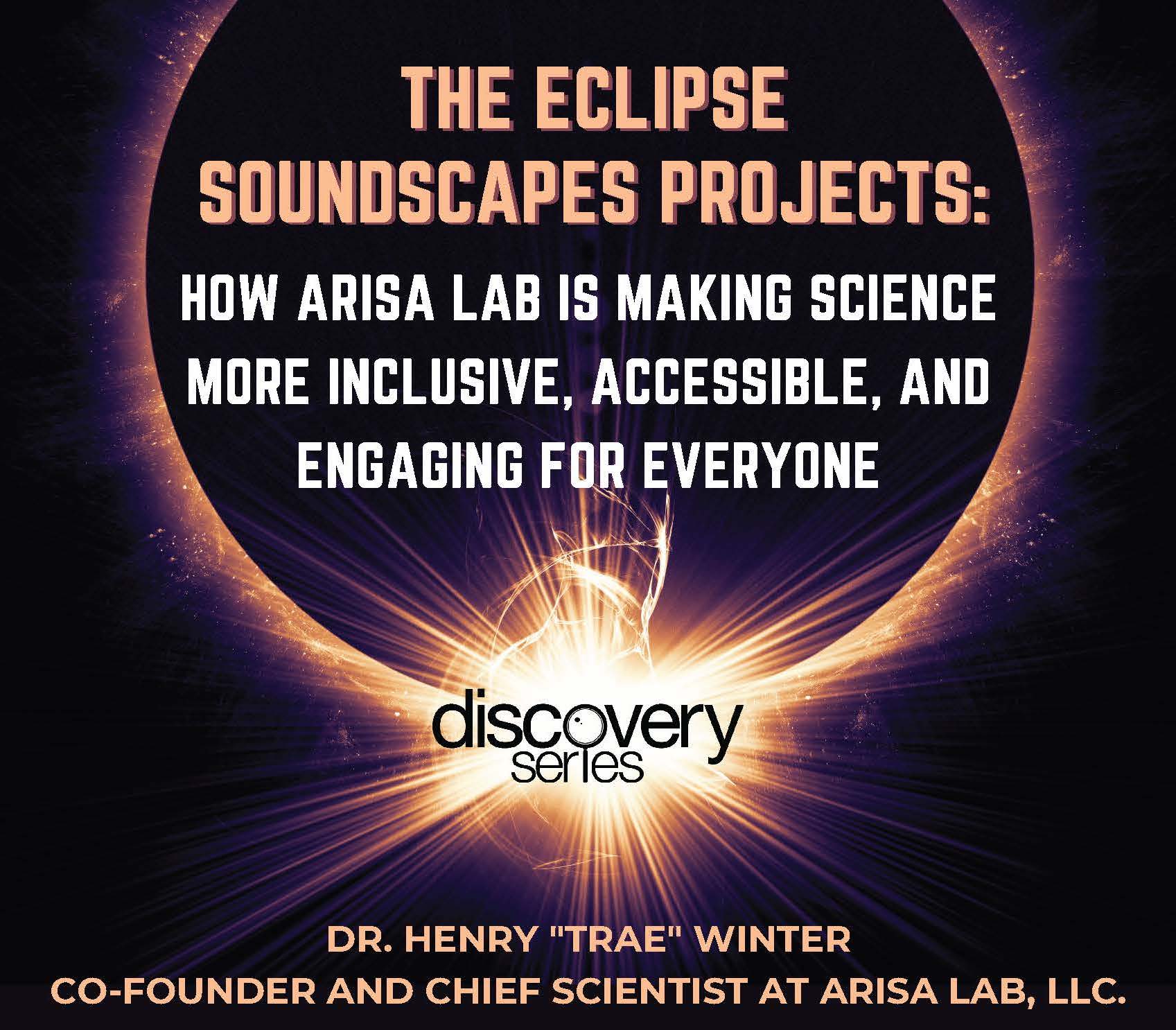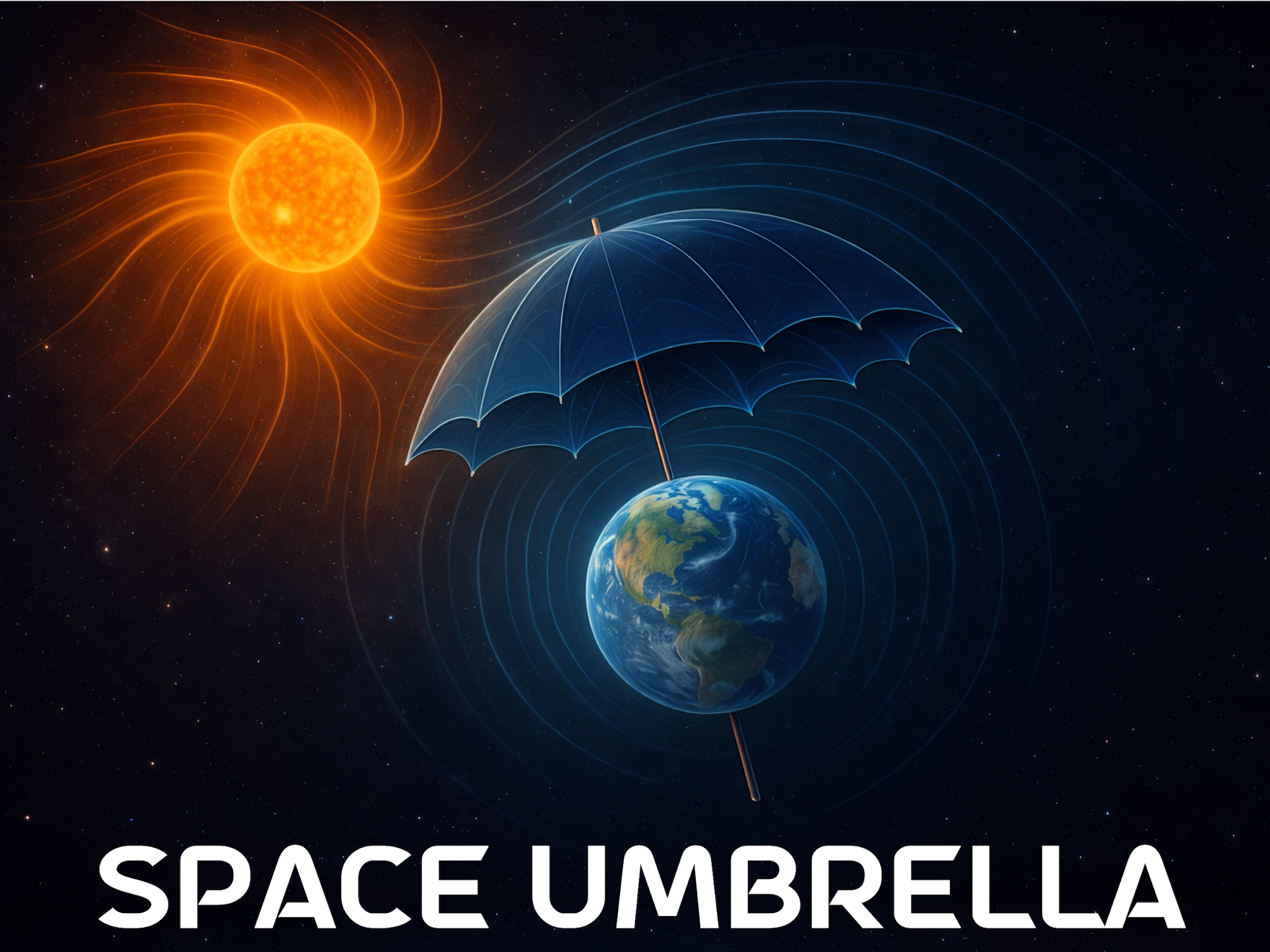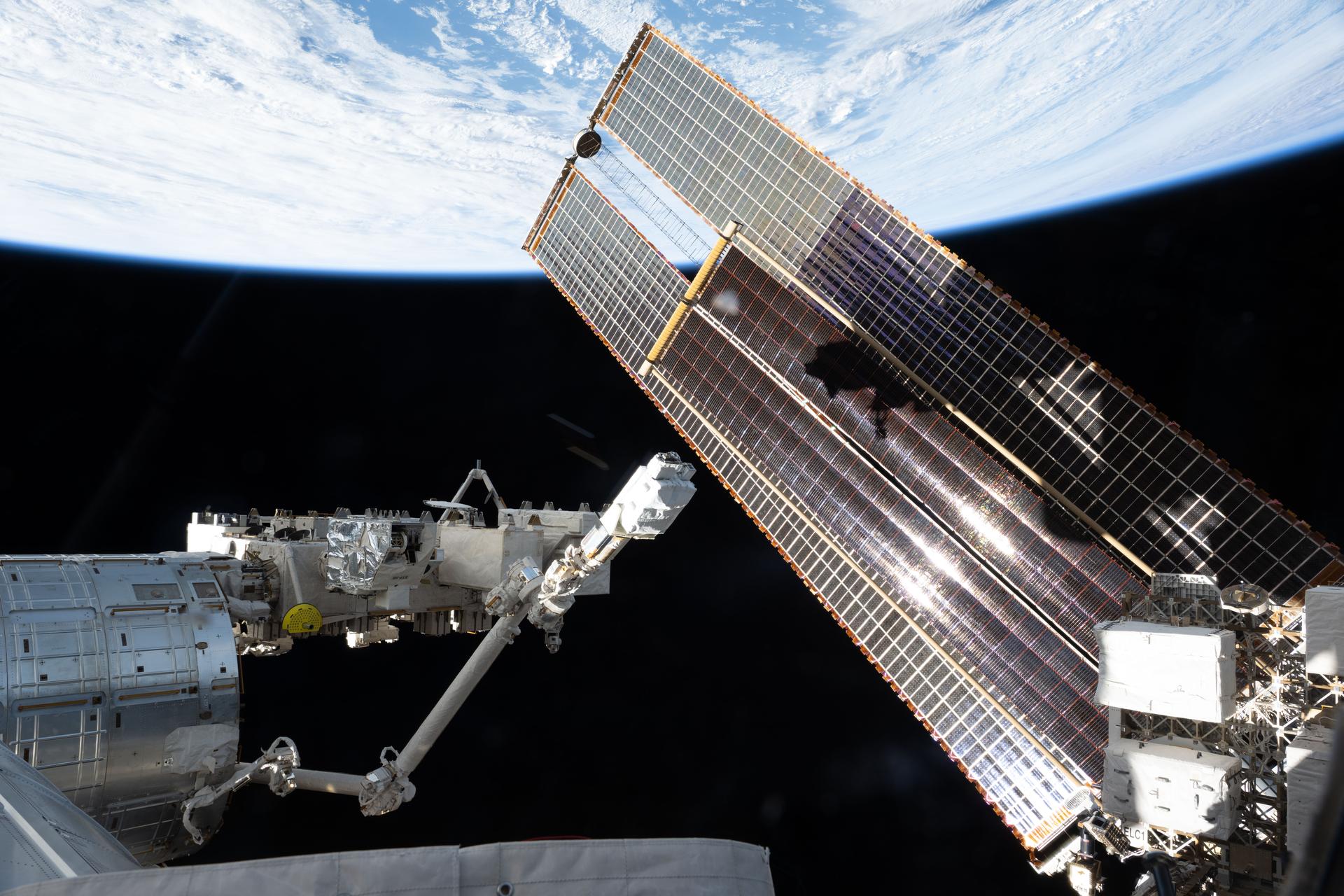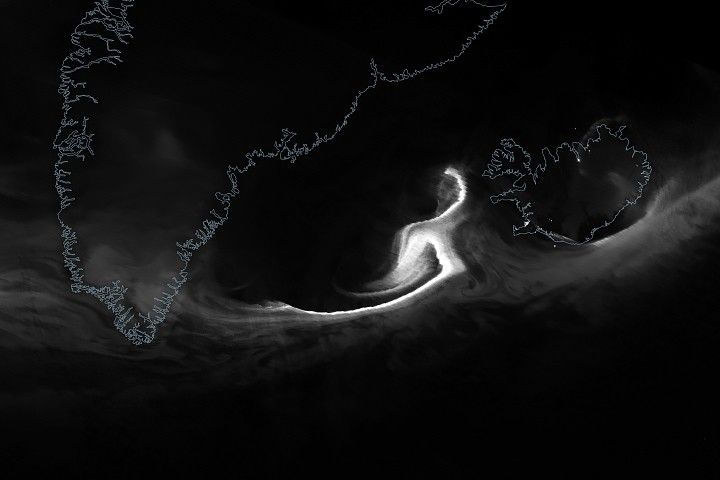This historical content may contain outdated information or references that may not reflect current policy or programs.
Properly utilizing new learning technologies and techniques will undoubtedly increase the accessibility and diversity of Science, Technology, Engineering, Arts, and Mathematics (STEAM) engagement in the U.S. However, technologies alone are not enough to create effective engagement and learning programs. Identifying needs, engaging communities during the design process, and sharing lessons learned moments with others are crucial to create truly impactful STEAM engagement programs.
The University of North Texas (UNT) College of Information Discovery Series hosts prominent and impactful speakers from industry, academia, and nonprofits to stimulate the exchange of ideas at the intersection of information science, linguistics, and learning technologies. On Apr 21, 2022, Dr. Henry “Trae” Winter was invited to the series to share ARISA Lab’s portfolio of Eclipse Soundscapes projects, which are all designed to make eclipses accessible, inclusive, and engaging to a wide variety of audiences, including, but not limited to, people who are blind and low vision (BLV).
Doctor Winter talked about how the ARISA Lab team worked with NASA to create the Eclipse Soundscapes Bilingual Mobile Application and the Eclipse Soundscapes: Citizen Science Project. Dr. Winter also highlighted the many lessons learned along the way so that future leaders can more easily find their own unique paths to incorporate accessibility and inclusion.
This presentation was recorded and is freely available on the UNT College of Information YouTube channel. Watch the video: https://www.youtube.com/watch?v=3bJBAuqf5yw
Many thanks to UNT College of Information Communications Officer, Sandria Edgar for organizing and hosting the talk and to former NASA Heliophysics Education Activation Team (HEAT) members Rhonda Christensen and Gerald Knezek for inviting ARISA Lab and the Eclipse Soundscape: Citizen Science Program to participate.
You can learn more about the Eclipse Soundscapes: Citizen Science Project, the Eclipse Soundscapes bilingual mobile app, and other projects under the Eclipse Soundscapes banner at EclipseSoundscapes.org and by following on Facebook @EclipseSoundscapes, Twitter @EclipseSoundUDL, and Instagram @EclipseSoundscapes
The Eclipse Soundscapes: Citizen Science Project is part the NASA’s Science Mission Directorate Science Activation program and is sponsored in part by NASA Cooperative Agreement #80NSSC21M0008. The Eclipse Soundscapes: Bilingual Mobile Application was supported by NASA subaward 80NSSC21K1172 under the NASA Heliophysics Education Activation Team, which is supported by NASA under cooperative agreement number NNH15ZDA004C.




































